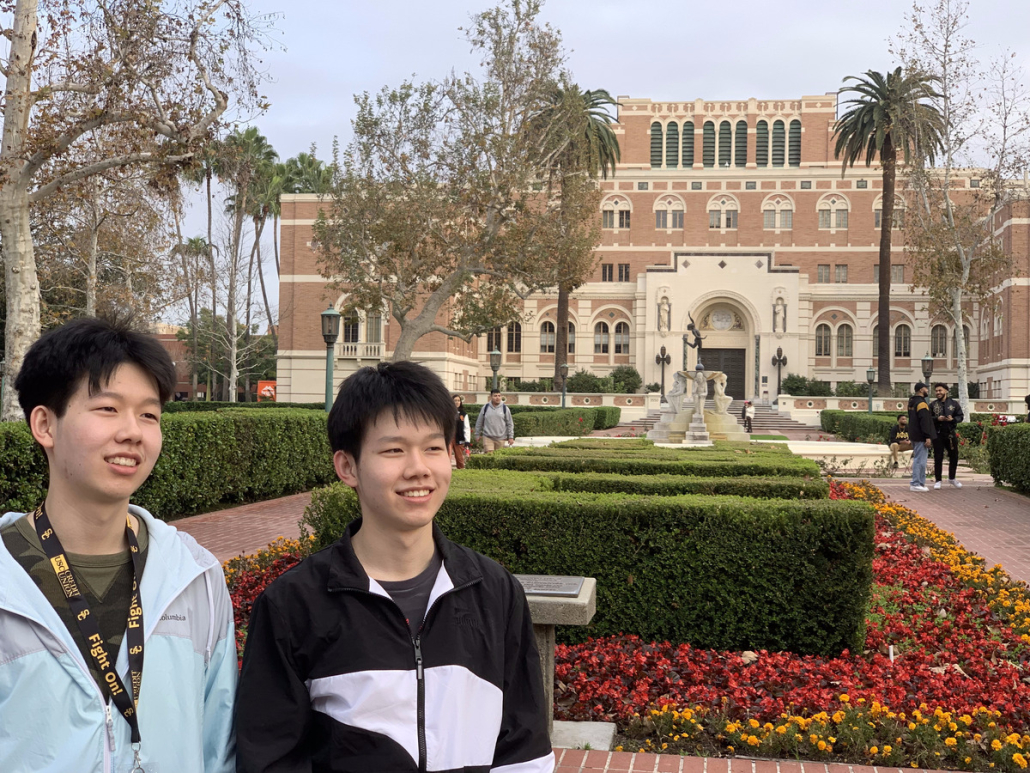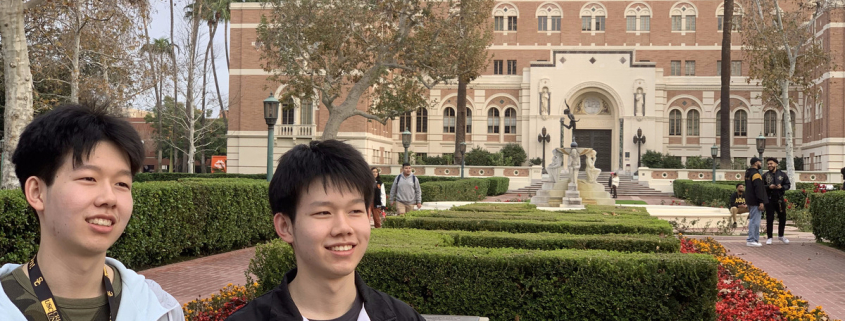Organization offers small doses of sleep to students

When Eric Guo attended orientation over the summer he encountered a serious issue: Orientation housing was overbooked and he had nowhere to stay. This led to him and other students sleeping in the University library. The second night, however, an upperclassman offered to let Guo spend the night at his apartment. That night was important for two reasons: Guo realized the issue housing posed to students across the country and he made one of his first university friends.
Launched June 14, Microsleep is a nonprofit organization that aims to help students find “safe, affordable and convenient housing.” The service helps low income and first generation students find temporary housing at highly populated universities — such as USC — where upperclassmen are not guaranteed university housing. Participating universities include USC, University of California San Diego, University of California, Berkeley and the University of Maryland.
Identical twins David Guo — a freshman majoring in computer science — and Eric Guo — a freshman at UMD also majoring in computer science — founded Microsleep to offer temporary housing solutions to students. The organization combats student homelessness by connecting temporarily unhoused students with hosts willing to take them in for a short period of time.
“Let’s say a student has been out studying late at 3 a.m. and they feel like it’s dangerous to commute back to their apartment,” Eric said. “They can use Microsleep to find a temporary housing place to stay for a single night.”
What started as friends offering each other housing in order to cut costs of operations has grown into a network spanning multiple universities. The biggest challenge in this process was creating a trusting relationship between hosts and guests to create a safe environment. While the service has not implemented a rating system for hosts or guests, it offers a feature that allows users to record malicious activity.
Adrian Becerra, a senior majoring in computer science games, first heard of Microsleep when one of his mentees as a spring admit ambassador — David Guo — approached him asking for advice on a project he was working on. While Becerra has yet to use the service, he sees the importance of it.
“Everyone assumes that if you need to get home late at night, [you] can just take the free Lyft,” Becerra said. “What if you need to get home later in the night past 2 a.m.? Because I’ve definitely had those nights where I spent all night in the library and it’s 6 a.m., 5 a.m. and I need to get back to my dorm.”
In the future, the siblings want to expand Microsleep to service community colleges. These institutions present a new challenge because they typically do not offer housing, making a service such as Microsleep more important.
“There’s a lot of international students that actually start their educational career in community colleges,” Eric said. “However, they don’t have any housing arrangements here. They often find difficulty in finding housing in the U.S.”
The service not only offers a safe space for users to rest, but it also offers them the opportunity to meet new people and create connections between host and guest. Eric recalls a time towards the beginning of the school year when a pair of users were roommates for three days using Microsleep and then became best friends.
“Seeing the connections and the compassion that people have for each other is something that’s also very rewarding,” Eric said.
Ultimately, the pair wants to eliminate the worry of not having housing for all students. While it may be often taken for granted, many students face issues finding housing. According to Eric, closing the gap between high and low income students begins with equitable housing for all.
“A lot of people from different backgrounds struggle quietly, often going unnoticed,” David said. “Look out for your peers and, if possible, share a bed or couch. Compassion is something everyone can afford.”

